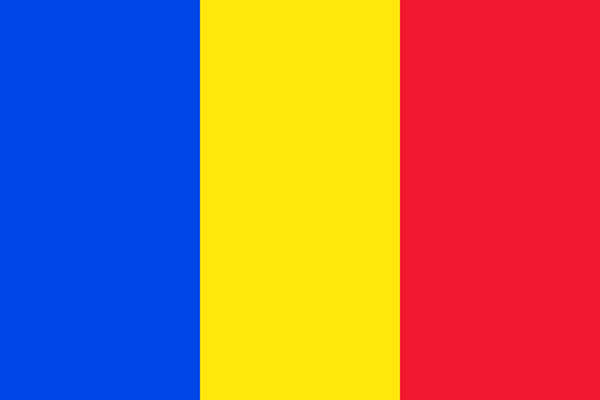Login form
Customs of Romania
 Marriage and Family
Marriage and Family
Romanians who live in rural areas marry at a fairly early age and follow local and ethnic customs regarding courtship and marriage. In the past, most students in the cities waited until completion of university or other graduate training before getting married. More recently, however, young people have begun to marry in their last year of school because it has been easier to get housing and a job in a city if they are married.
Families in urban areas tend to be smaller than those in rural areas because of a shortage of housing and the higher cost of living in
During the Ceauşescu regime many families were put under tremendous pressure, a large number of children were put in orphanages, and thousands of rural homes and farms were bulldozed and their occupants rehoused in modern apartment blocks with minimal facilities.
Eating
After years of food shortages, a wide variety of food is now available in
Romanians hold the fork in the left hand and the knife in the right, and both hands (but not elbows) are kept above the table during a meal. Toasting is often a part of both formal and informal meals.
Socializing
Adults commonly greet each other with a handshake, but a man usually waits for a woman to extend her hand first. In cities, some men might greet a woman by kissing her hand. In rural areas, it is usual to greet people individually and to greet strangers. Traditionally, first names are used only by friends and relatives, and by adults when they are addressing children. It is polite to use a person’s title (Doctor, Professor) before the surname.
When visiting someone’s home, guests are usually offered a drink of coffee, tea, brandy, or a popular regional wine, and perhaps other refreshments. Hosts appreciate it when a dinner guest brings flowers or another gift. Weekday evening visits usually end before 11 pm because work begins early in the morning.
Recreation
Many Romanians play soccer and a large number of other sports including oina, a traditional game somewhat similar to baseball. Romanian athletes have achieved notable successes in international competitions, especially in gymnastics, weightlifting, and tennis. Leisure activities include socializing with friends or family, watching television, taking walks, reading, and going to the theater. Many also enjoy folk shows, with music and dancing.
Holidays and Celebrations
Under the Ceauşescu regime, there were only three national holidays: New Year (1–2 January), Labor Day (1–2 May), and National Liberation Day (23–24 August). Religious holidays were not officially recognized and could only be celebrated privately.
Now people may openly celebrate all religious holidays, and there are public holidays at Christmas and Easter.
Source: Encarta Interactive World Atlas

